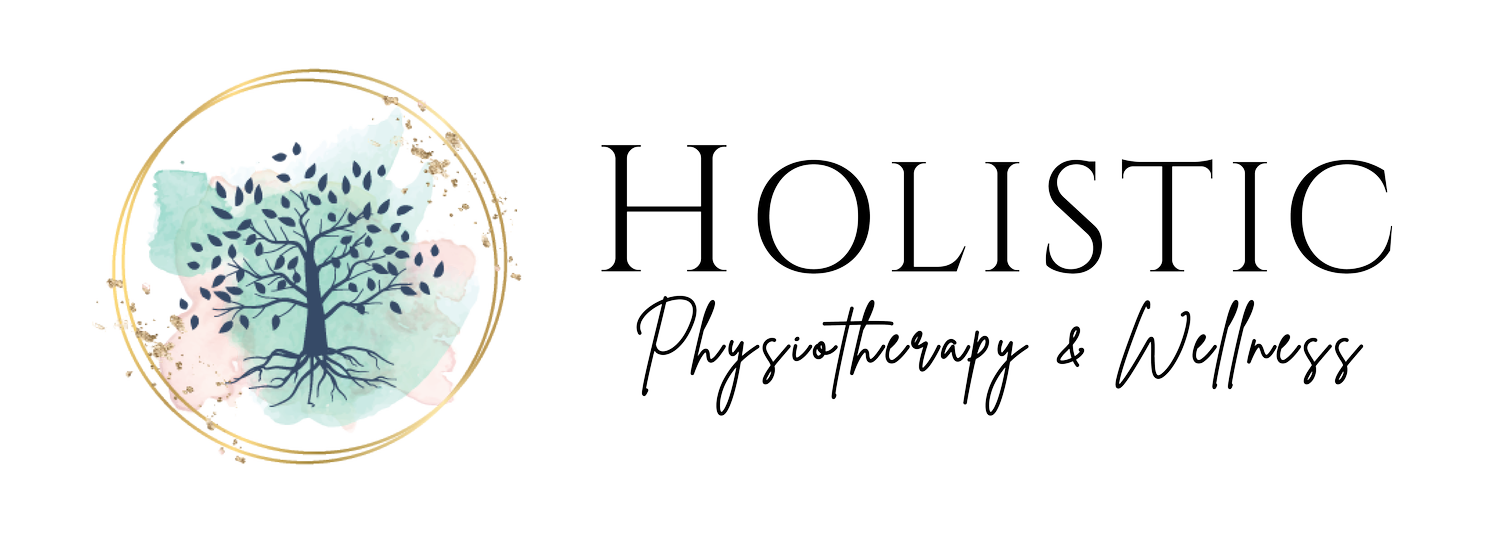3 Plants to Support the Nervous System During Stress
Written by Dr. Stephanie Liebrecht, BSc, ND | April 20, 2021
During times of stress, the “fight or flight” (sympathetic) nervous system becomes more active to help us deal with our stress. This part of our nervous system is not meant to be turned on for a long period of time. When our bodies spend more time in the “fight or flight” mode versus the “rest and digest” (parasympathic) mode, our body focuses on getting through the stress and doesn't put as much attention towards other functions. This is why it is common for people to start experiencing other symptoms like digestive issues, insomnia, and fatigue.
As a naturopathic doctor, I use plants as a way to support the nervous system from many different causes of stress, including long-term anxiety, and post-partum depression & anxiety. Each plant has it’s own unique set of properties, and the below descriptions can help you understand which plant may be the most supportive for you.
Please consult with your naturopathic doctor before starting a natural health product to ensure it is safe during your current health state (ie. breastfeeding), and does not interact with any medications you may be taking.
1. Oat Seed/Milky Oats (Latin name: Avena sativa)
Medicinal actions:
A. Anxiolytic: reduces anxiety.
B. Nervous system tonic: gently tones the over-stimulated nervous system.
Avena is used to support and tonify the nervous system when someone is left feeling exhausted and depleted from stress. It can be described in botanical medicine texts as “nervous debility”. Avena can provide support when low mood and anxiety are being experienced together.
Avena is considered safe during breastfeeding, and can be used for post-partum mood support.*
2. Lemon balm (Latin name: Melissa officinalis)
Medicinal actions:
A. Anxiolytic: reduces anxiety and tension, promotes restful sleep.
B. Nervous system relaxant: aids relaxation for an over-stimulated nervous system.
C. Anti-spasmodic: nervous stomach associated with anxiety and depression; relieves GI spasm and indigestion.
Lemon balm works by relaxing and balancing the nervous system. It can be used for many different states of stress – from feeling over-anxious with a heightened response (ie. panic attacks), to feeling run down and easily sensitive to stress (ie. can’t tolerate minor stressors). If sleep has been disrupted from difficulty falling asleep or frequent waking in the night, Lemon balm can help restore normal sleep patterns. Since stress has the ability to affect the nerves of the digestive system and shift the focus away from “rest and digest”, people can begin to experience a nervous stomach, gas, bloating, abdominal pains, loose stool, or constipation. Lemon balm aids in digestion and acts as an anti-spasmodic to relieve the above symptoms listed.
Lemon balm is safe during breastfeeding. Some women have reported it lowered breast milk supply.*
3. Passionflower (Latin name: Passiflora incarnata)
Medicinal actions:
A. Anxiolytic: reduces anxiety and restlessness; wakefulness from nervous excitement that can lead to insomnia.
B. Nervous system relaxant: aids relaxation for an over-stimulated nervous system.
Passionflower is prescribed for those feeling restless, anxious, or “wired but tired” from an exhausted yet over-stimulated nervous system. Brings calmness. Passionflower is indicated for people experiencing difficulty falling asleep due to worrying, overthinking, or feeling tired but cant relax. For sleep support, Passionflower is prescribed to take before bed.
*Disclaimer: Consult with a naturopathic doctor before introducing any new natural health products into your daily routine to ensure it is safe.
Dr. Stephanie Liebrecht
Naturophatic Doctor





